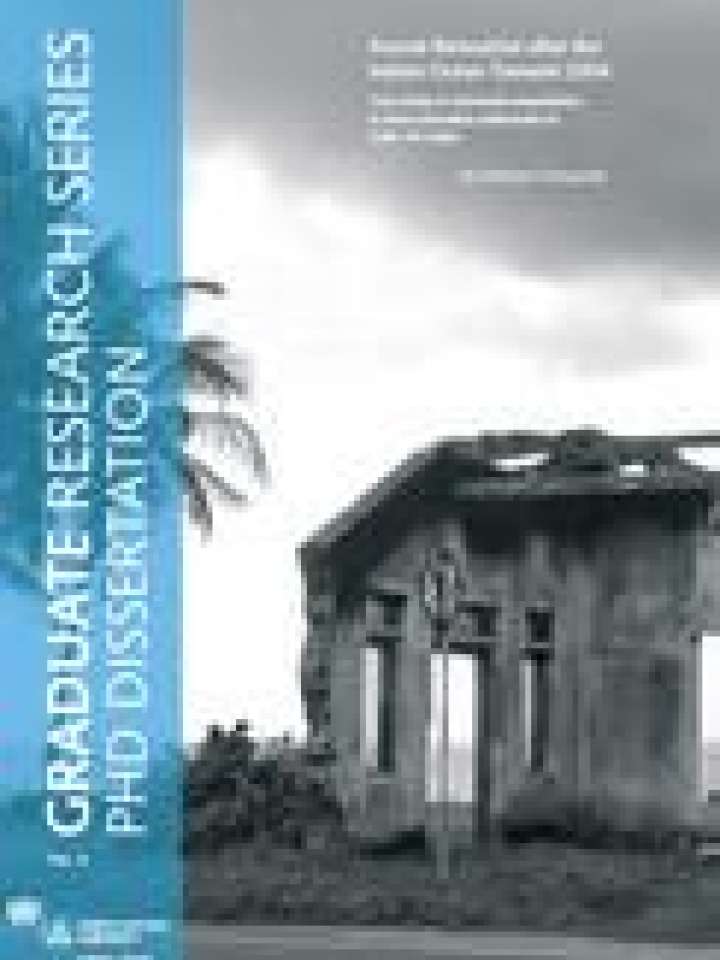Forced relocation after the Indian Ocean tsunami 2004: case study of vulnerable populations in three relocation settlements in Galle Sri Lanka
This detailed study investigates the impact of forced relocation on the livelihoods of residents who lived in the city of Galle, Southern Province of Sri Lanka, prior to the 2004 tsunami, who were forcibly relocated into new settlements situated far from Galle city because of the “buffer zone regulation” (no construction zone). It sheds light on how relocation modifies vulnerability after disasters and is intended to provide guidance to formulate future policies on displacement and relocation induced by natural disaster.
This study also examines livelihood strategies (i.e., coping and enhancement) employed by forcibly relocated people against various stresses and risks emanating from forced relocation by adopting a socio-geographical approach. It further attempts to show how all these risks and stresses have increased social vulnerability, threatening the livelihood security of the relocated people in general and in some groups, in particular in three research locations.
Explore further
